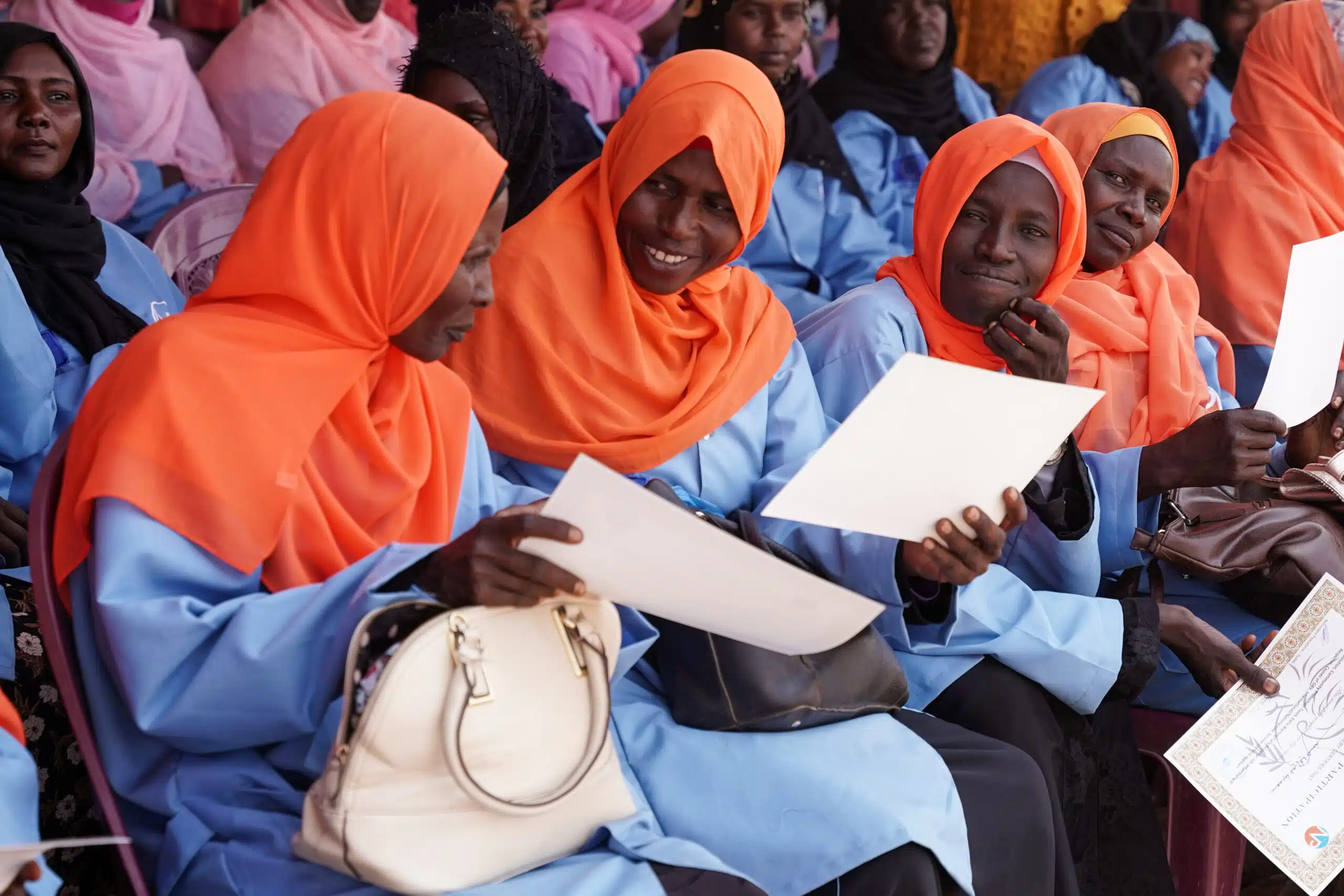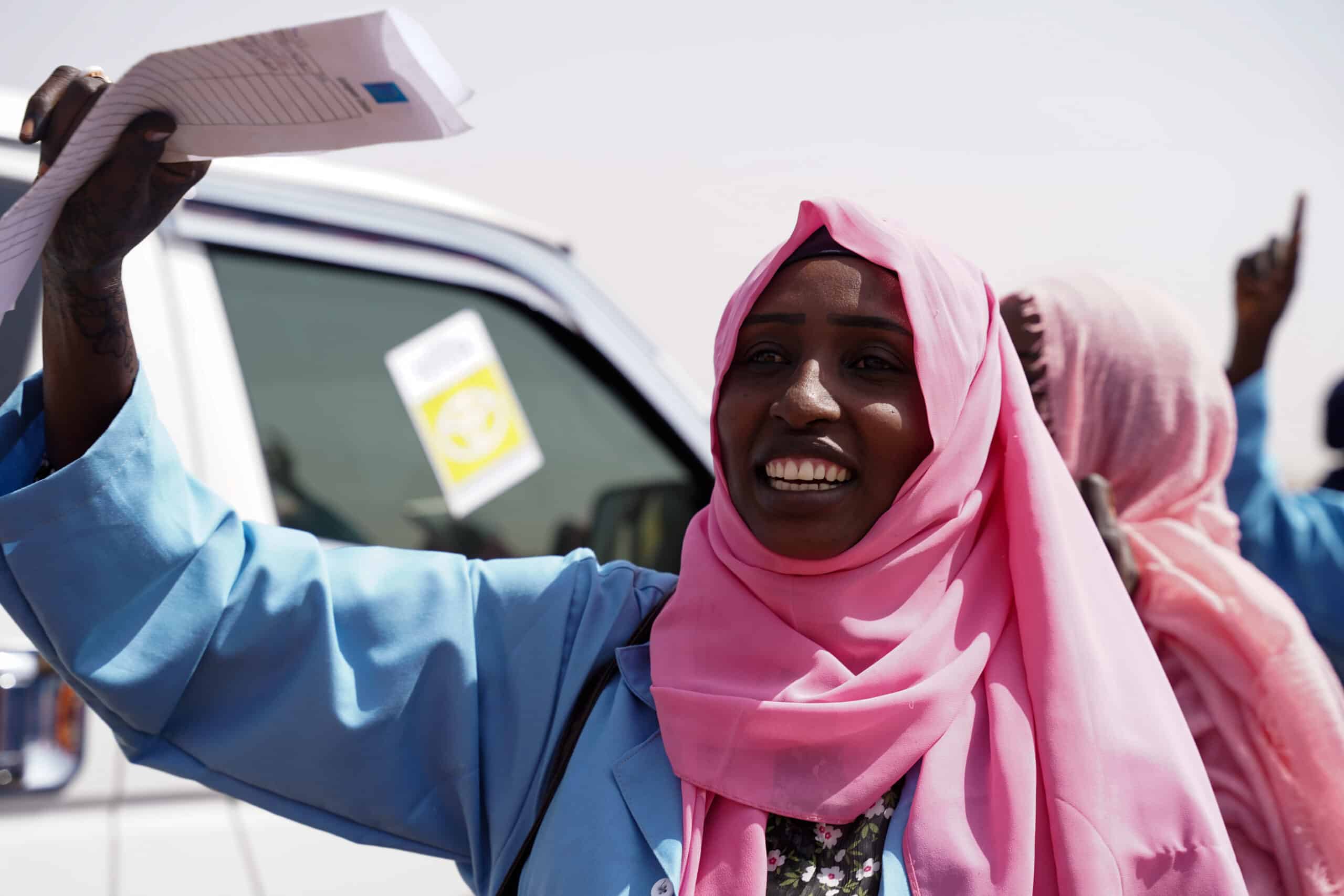Sudan

The need for protection in Sudan
The power struggle between Sudan’s SAF and RSF erupted in April 2023, causing over 10,000 casualties and displacing 5.6 million. Sexual violence is rampant, particularly during daily activities like collecting firewood. Dire humanitarian conditions, including a cholera outbreak, persist, with international groups facing access challenges. Violence against civilians is widespread, underscoring the urgency of addressing the crisis.
NP’s work in Sudan
NP established an on-the-ground presence in 2021 in Darfur. Since then our teams have been deepening community protection across Darfuri communities. NP's activities include:
- Strengthening Local Skills: Together with Women Protection Teams and Early Warning/Early Response Committees, NP partners with local communities to identify and mitigate threats to safety and human life, ensuring swift responses to emergencies.
- Widespread Conflict-Related Sexual Violence & Sexual and Gender Based Violence Prevention and Response: NP shares information on existing services for victim survivors and their families. We also directly support survivors, including referrals to nearby clinics and accompanying them to receive medical treatment.
- Enhancing Resiliency, Responding to Trauma: NP provides training and support for individuals facing acute stress and shock due to violence in the community, especially psychological first aid.
- Accessing the "Inaccessible": NP's unique position in establishing relationships and navigating challenges means we are able to do this work in perceived "inaccessible" areas, such as Zamzam Camp.
- Amplifying Local Needs: We collaborate with humanitarian actors and state ministries to deliver conflict-sensitive aid in North Darfur.
The future of NP’s work in Sudan
As we witness escalating violence and instability, NP reaffirms its commitment to safeguarding communities in Sudan. With a proven track record in community protection teams, psychological first aid, and conflict-sensitive advocacy, we will continue adapting to address evolving protection concerns across the region.
Read More
→ Sudan publications
→ Sudan press clips
→ Sudan blogs
→ Sudan statements & letters

“I decided to share the information with our community ... in order to ensure that they shouldn’t be in my situation."
Make a Gift Now



